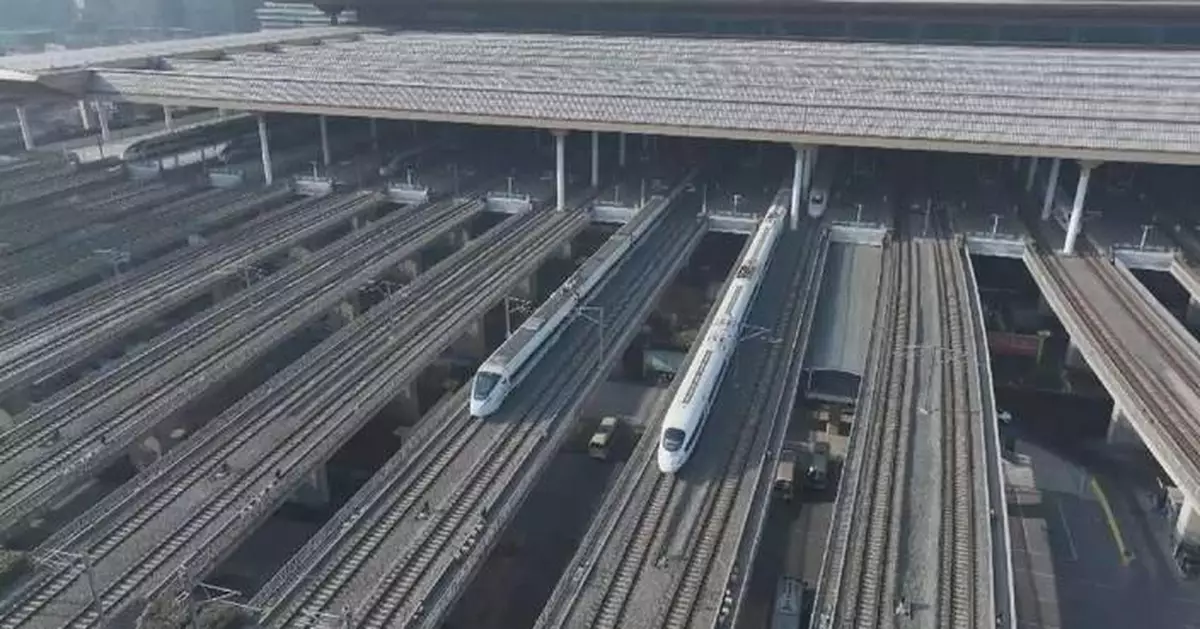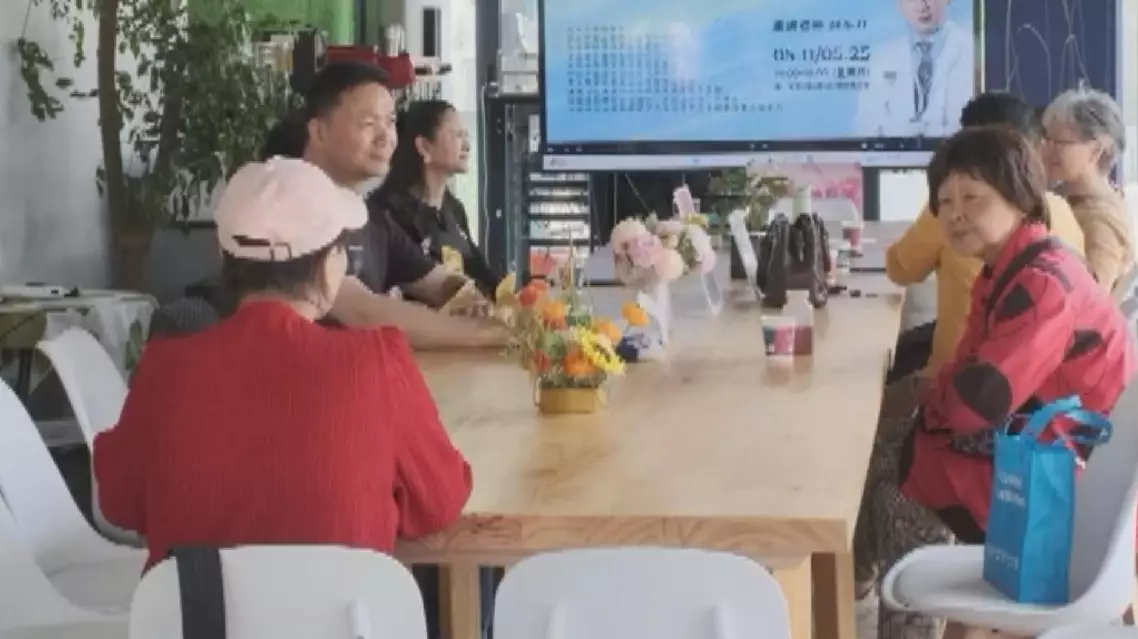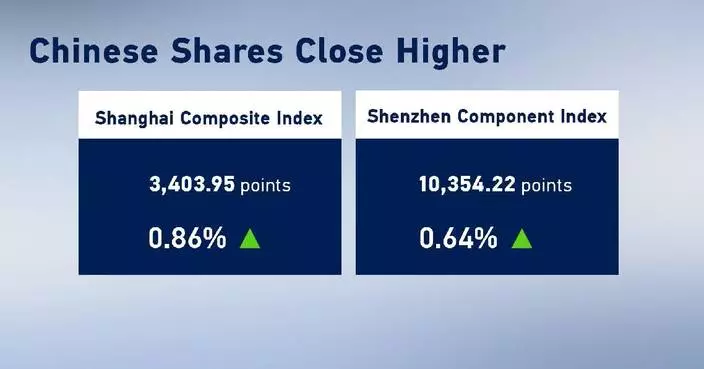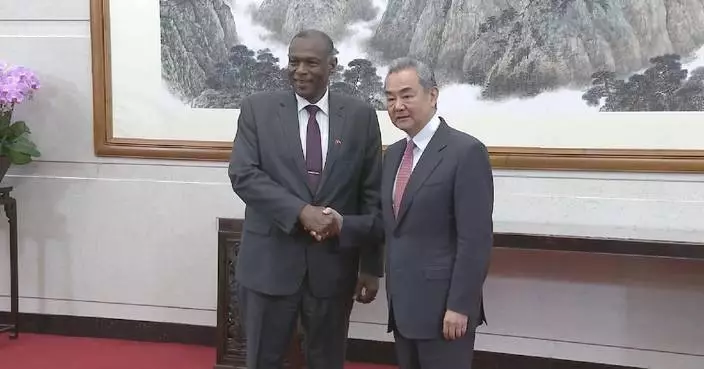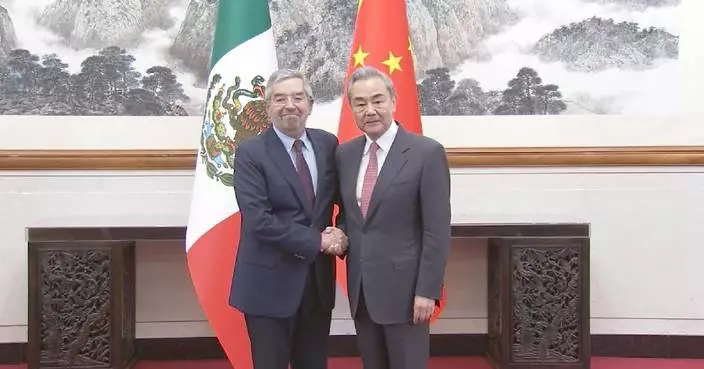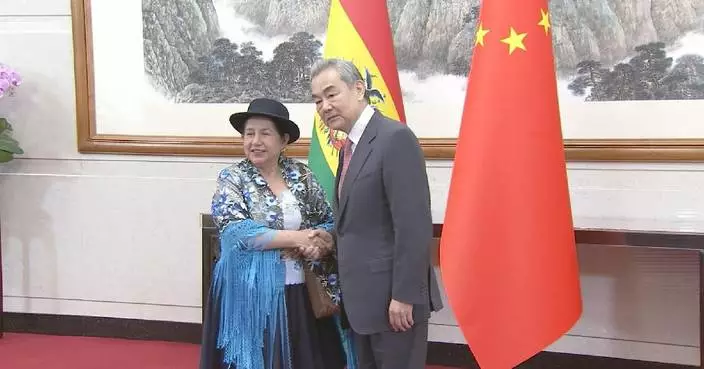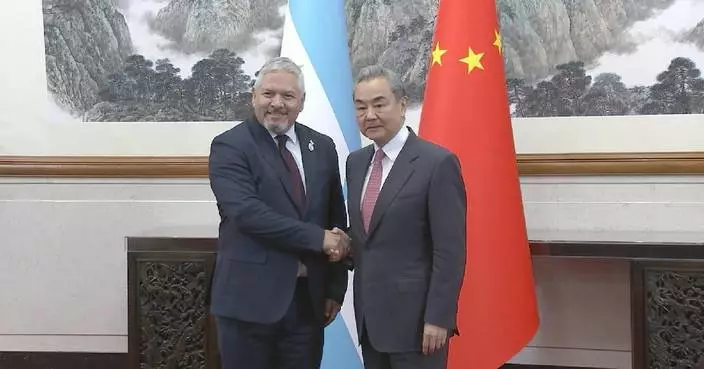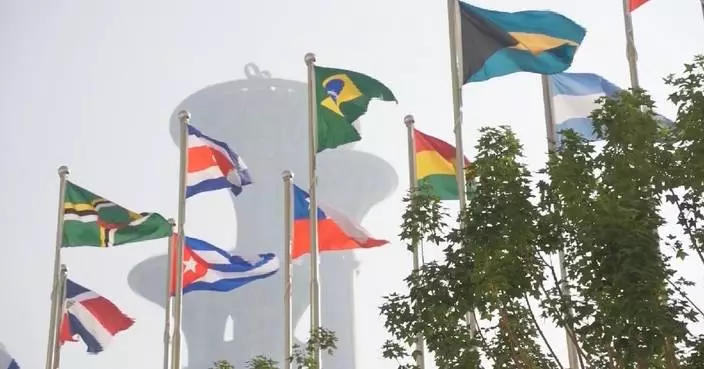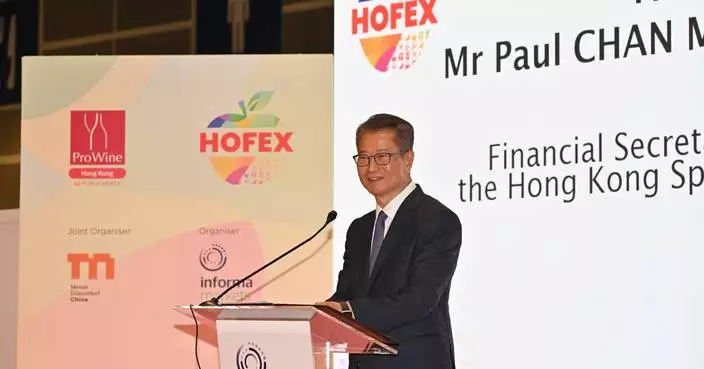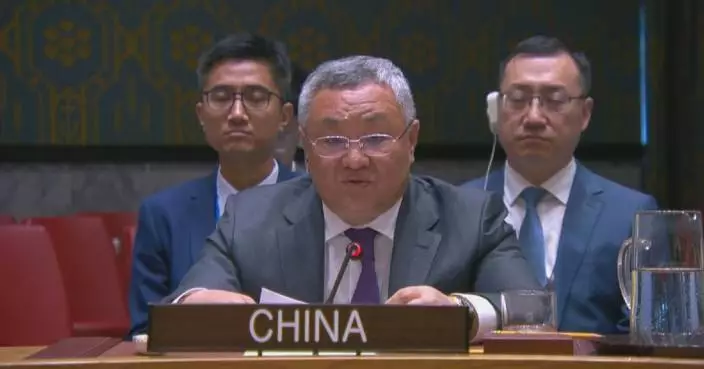China’s Ministry of Transport estimated that more than 170 million passenger trips were made across the country on Tuesday, the first day of China's 40-day Spring Festival travel rush.
Of the total, 10.3 million trips were made via railway, 159.52 million trips via highway, 530,000 trips via waterway, and 2.04 million trips via civil aviation.
During the Spring Festival travel period, more than 14,000 passenger trains are scheduled daily across the national railway network, adding 500,000 seats per day to increase transport capacity by approximately 4 percent year on year.
On the "Lei Feng" train operated by China Railway Shenyang Group, crew members provide page devices to key passengers. When passengers need assistance, they can press the button, and crew members will respond promptly.
At Putian railway station in east China's Fujian Province, new caring and priority access lanes have been added, along with dedicated reservation counters for migrant workers.
"Two additional security check channels have been added, and eight volunteers have been assigned to provide service and guidance, ensuring more convenient travel for passengers," said Lu Dan, a staff member at Putian railway station.
On highways, it is estimated that during the Spring Festival travel period, new energy vehicles (NEVs) will account for about 19 percent of the average daily traffic, a significant increase compared with the same period in 2024.
At the Hangzhou Xiaoshan Service Area on the Shanghai-Kunming Expressway where traffic is relatively busier, the local power department has deployed 48 charging stations and added two emergency charging vehicles to ensure smooth travel for NEV drivers.
In terms of waterways, a comprehensive reservation system has been implemented for passenger ferry transportation across the Qiongzhou Strait during this busy travel period.
"We implement 24-hour, all-day monitoring to track capacity usage. When the numbers of vehicle and passenger reservations exceed 70 percent of the daily capacity arrangements, we recommend that companies adjust by increasing ferry frequency to best meet the needs of cross-border passengers and vehicles," said Zhang Haibin, deputy director of the Haikou Maritime Safety Administration.
The Spring Festival, which falls on Jan 29 this year, is the country's grandest traditional festival when people across the country return to their hometowns for Chinese Lunar New Year celebrations and family reunions.
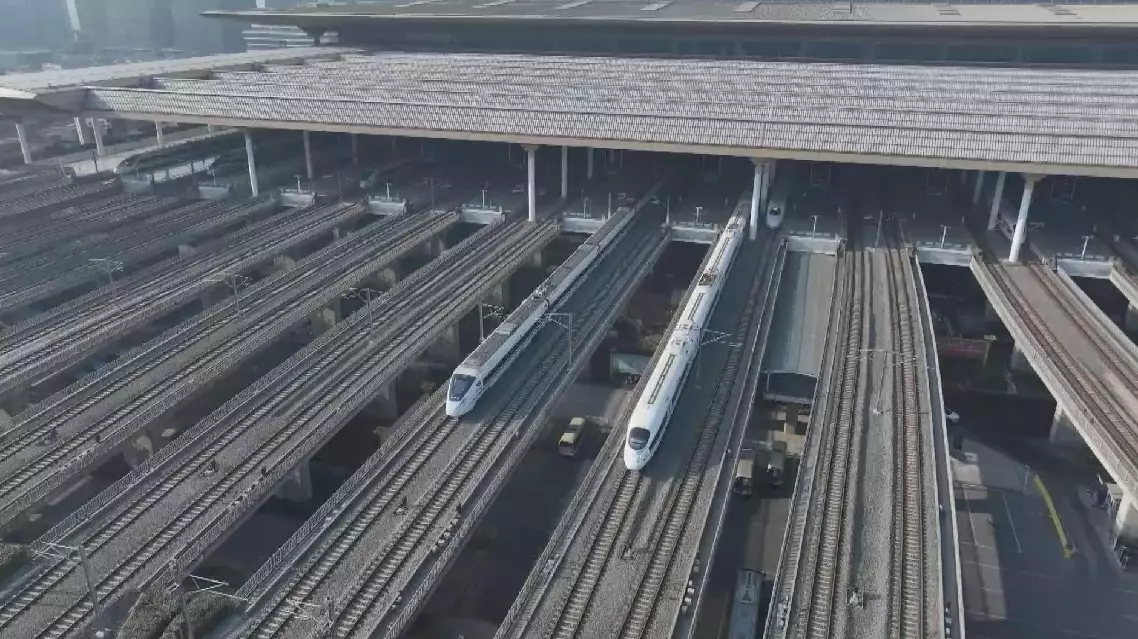
170 mln trips expected on 1st day of China's Spring Festival travel rush
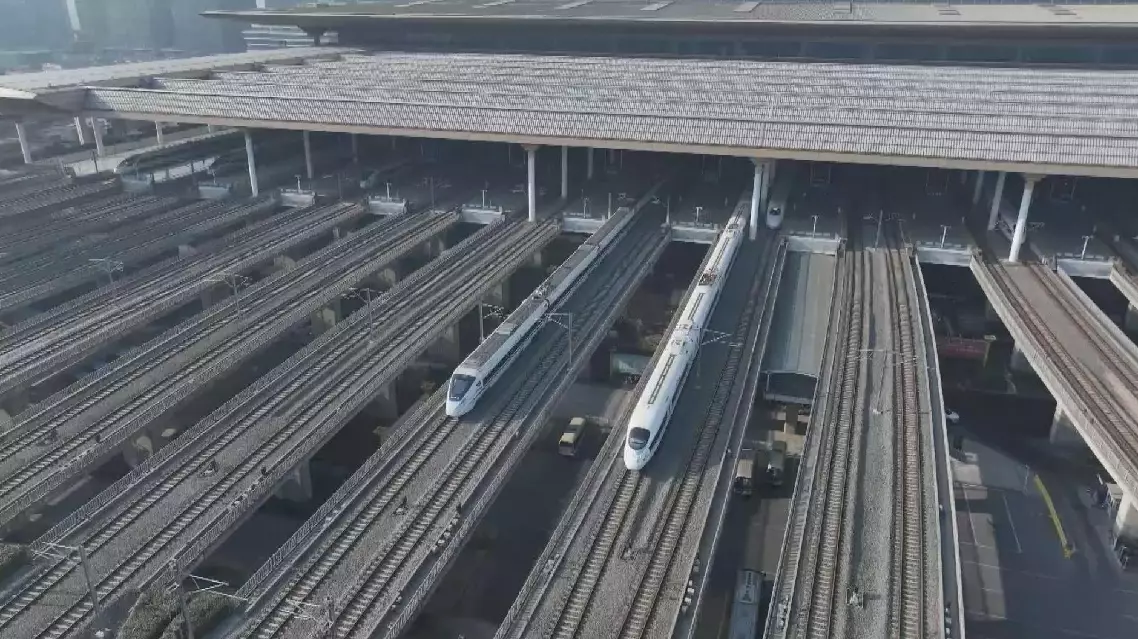
170 mln trips expected on 1st day of China's Spring Festival travel rush


